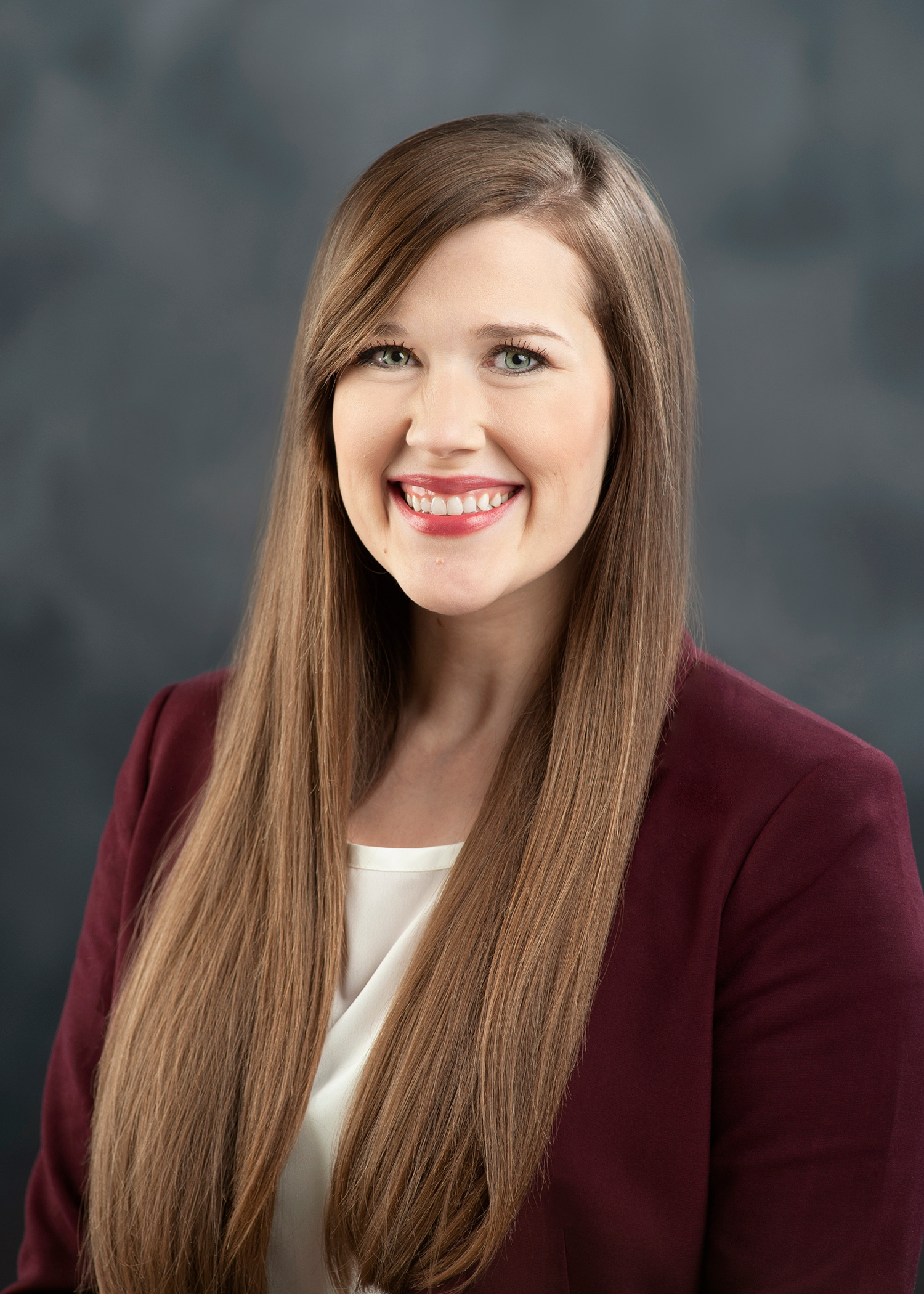Carrie Mastley

MSU Degree:
M.A. in English, 2014
Any other degrees:
B.A. in English, 2008, Mississippi University for Women
M.L.I.S. (Master of Library and Information Science), Graduate
Certificate in Archives & Special Collections, 2018, University of Southern Mississippi
Favorite memories of being a graduate English major:
My absolute favorite memory of being an English student at MSU was the day my peers and I received the results of our MA exam. We all passed! I remember us crying, hugging, and jumping up and down in the TA office. Celebrating together will always stick out in my memories.
Current Position:
Assistant Professor and Curator of Material Culture
Organization:
Mississippi State University Libraries
When you graduated with a degree in English from MSU, what were your plans for your future? Has your career path mostly realized those early plans, or have you discovered new plans and goals along the way?
When I graduated with my MA in 2014, my plans were open-ended. Even though I accepted a position as a lecturer in MSU’s Department of English, I was also toying with the idea of becoming a librarian. I really enjoyed helping students with their research, and academic librarianship seemed like the perfect avenue to do that full time. After a year-and-a-half break from school, I finally made the decision to pursue a Master of Library and Information Science (MLIS) with the intent of someday working as an academic librarian. However, after taking an intro to archives class, I decided the archive is where I was destined to be. While in my last semester of graduate school, the MSU Libraries hired me as a project archivist to process the Frank and Virginia Williams Collection of Lincolniana. I worked in this position for eighteen months before securing my current position.
What is your current occupation, and what does your work mostly consist of?
Currently, I serve as an Assistant Professor and Curator of Material Culture for the Division of Archives and Special Collections at MSU Libraries. I am responsible for acquiring, caring for, and developing our holdings of artifacts found in the Division’s manuscript collections. Another component of my job is to provide patrons with access to these materials whether it be for personal interest, research, or a class assignment. I also teach archival classes for instructors across our campus and work with students and researchers one-on-one to complete various projects. Other aspects of my job include creating exhibitions, mentoring students, collaborating with colleagues, conducting original research, and contributing service to the university and local and national archival communities.
Which skills that you learned as an English major do you use most in your job?
Many skills that I learned as an English major naturally translate to my current job. My job requires a lot of writing, so having a solid understanding of grammar and mechanics has proven invaluable. The information literacy and research skills I have acquired have also enabled me to sustain a successful research agenda while working toward tenure. While working toward my MA, I also served as a teaching assistant. This teaching experience has made conducting instructional sessions and working with patrons an easy transition. Finally, the most important skill I have acquired is critical thinking skills. This training has enabled me to think outside of the box and problem solve creatively.
What additional skills did you need to learn in order to do your job, and how did you learn them?
Most people do not realize the educational training that librarians and archivists must undergo in order to work in the profession. Reading on-the-clock and making book recommendations rarely comes up in my day-to-day work. In fact, I haven’t read for pleasure in YEARS due to my research. Necessary skills that I acquired while working on my MLIS include knowledge of library and archival theory, methods, and techniques. This includes learning to appraise archival materials for enduring value; acquire and develop archival collections strategically; preserve materials in perpetuity; provide public access to materials; develop educational programs for audiences of varying abilities; and more.
Are there common misconceptions about your career field, which current English majors might share, that you have learned the truth about?
Working in an archive is more than just collecting all things old and historical. Archival practice is methodical and focused. Archival repositories often have collecting areas and strive to develop their collections in those areas. For instance, the Division of Archives & Special Collections at MSU Libraries focuses on collecting materials that reflect the history of the university, Starkville, and Mississippi.
Another misconception is that digitizing archival materials is easy, cheap, and permanent. This could not be further from the truth. Creating digital archives is an expensive undertaking that requires several institutional resources, including staff, equipment, and storage. Digital assets are also incredibly fragile given the rate that technology changes. Further, digital representations of objects are not one-for-one replacements of the originals. Digital objects are created to provide more open access to archival material, but the originals are always maintained.
In what ways does your career enrich your life and help you to achieve your personal as well as your professional goals?
What advice do you have for undergraduate English majors right now who might want to follow the career path you did?
The biggest piece of advice I can impart is please understand how competitive this field can be. MLIS programs can be very expensive, so make sure you are passionate about the work before entering a program. I would recommend talking to working archivists before beginning a program to see if it is right for you.
For more information about becoming an archivist, please visit https://www2.archivists.org/careers/beanarchivist.
Updated September 2023